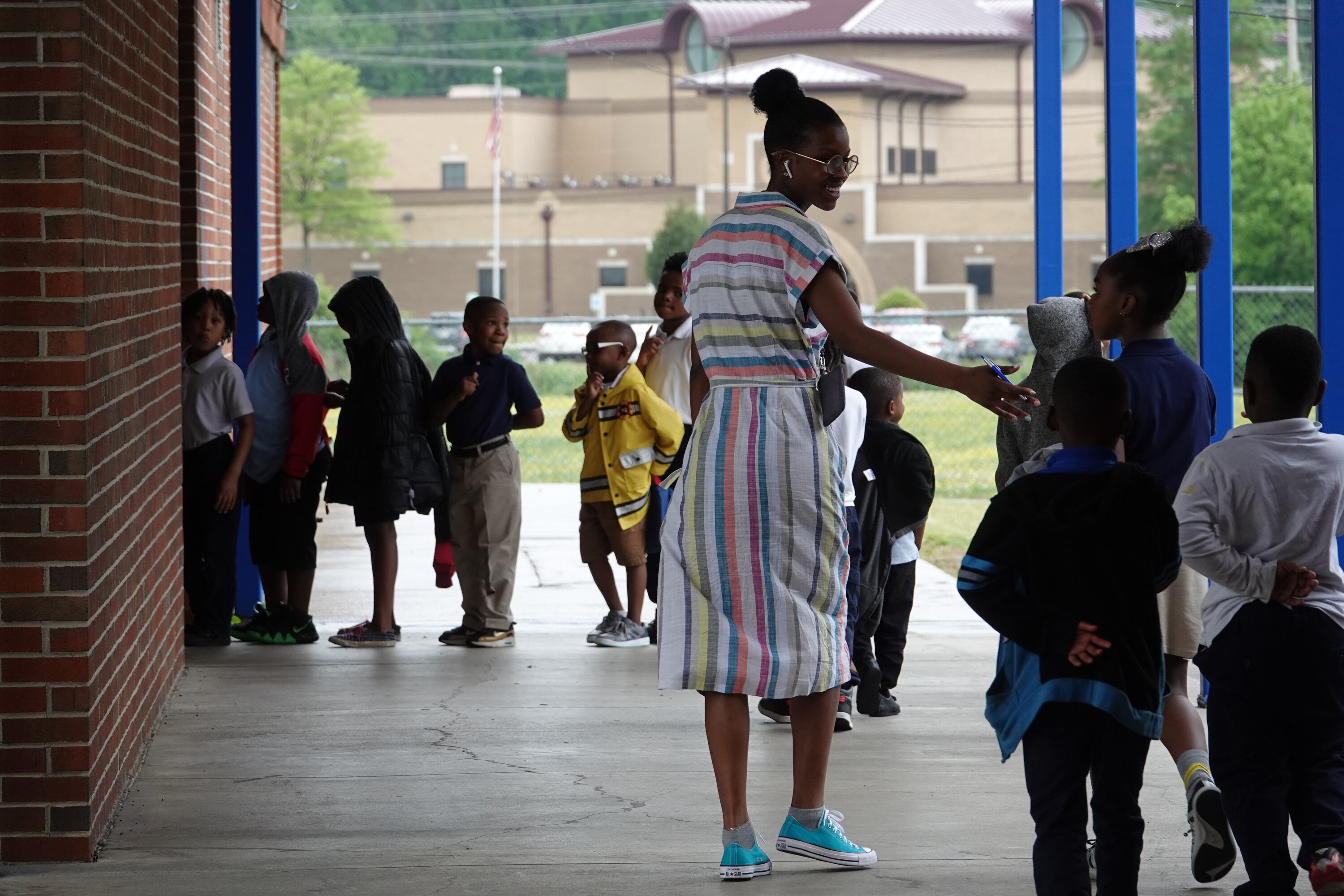A bill allowing Tennessee school and university employees to opt out of implicit-bias training is headed to Gov. Bill Lee’s desk.
The measure easily passed Friday in the Republican-controlled Senate and House over the objections of Democrats who argued that the policy is the wrong direction in a state where students of color make up about 40% of Tennessee’s public school population, while the vast majority of the state’s teachers are white.
The legislation is the latest example of the legislature’s efforts to stifle or silence conversations about diversity in education.
In 2021, Tennessee became one of the nation’s first to enact a law limiting how race and gender can be discussed in the classroom, including conversations about systemic racism. Last year, the legislature passed another law that could lead to a statewide ban of certain school library books, some of which deal with matters of race and gender.
Implicit-bias training is designed to increase self-awareness around subconscious prejudices and stereotypes that may affect how individuals see and treat people of another race, ethnicity, or socioeconomic background.
A significant amount of research in education says that implicit biases may contribute to racial disparities, such as differences in student achievement, learning opportunities, and school discipline between Black and white students. But it’s less clear whether training about implicit bias actually changes behaviors.
In Tennessee, it has been up to local school districts, charter schools, and public universities to determine whether to offer or require implicit-bias training for their employees.
Sen. Todd Gardenhire said his bill doesn’t ban schools from offering the training or employees from participating. It just protects school employees from disciplinary action or firing if they choose to opt out.
“You want to have that course, have it all day long, but don’t make me do it,” said the Chattanooga Republican.
But Democrats worried that those who opt out might be the ones most in need of self-reflection, based on research that says, for instance, that teachers are more likely to discipline Black children than white children for the same conduct, or give boys higher grades in math than girls.
“This is simply to give our educators another tool to make sure that all students are treated with equity and dignity and respect,” said Rep. Justin Jones, a Nashville Democrat.
Gardenhire and the bill’s House sponsor, Rep. Jason Zachary of Knoxville, charged that some trainings in Tennessee have crossed the line beyond building self-awareness into ideologically driven presentations that are themselves rooted in biases.
“All of this depends on a developer or a designer that designs the course. But who checks the checker?” Gardenhire asked.
In House debate, Rep. Sam McKenzie, a Knoxville Democrat who voted against the bill, suggested that instead of the state letting employees opt out, trainers and their courses should be screened to ensure they represent best practices in implicit-bias training.
And in the Senate, Sen. Jeff Yarbro said the purpose of implicit-bias training isn’t to make people feel bad about themselves but to educate people who work with students to avoid stereotypes.
“The data is 100% clear that implicit bias is a real thing that has real effects in classrooms across the country,” said the Nashville Democrat, “and certainly Tennessee is no exception.”
Marta Aldrich is a senior correspondent and covers the statehouse for Chalkbeat Tennessee. Contact her at maldrich@chalkbeat.org.






